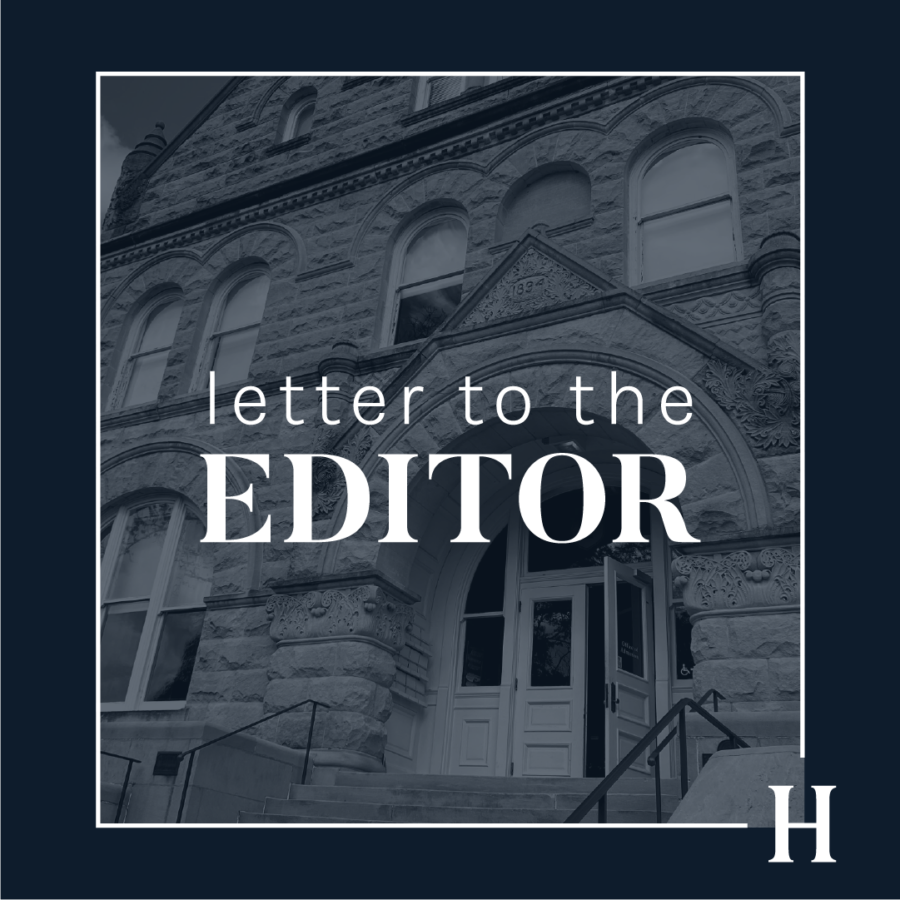To the Tulane community,
This past year, we joined several hundred Tulane University faculty in criticizing the university’s response to on-campus protests — chiefly on the deployment of multiple police forces, arrests, and intimidation to discourage peaceful protest.
At this point, all students facing misdemeanor or criminal charges in connection with last year’s pro-Palestinian protests have been found not guilty.
Prosecutors were unable to present clear evidence of the defendants breaking the law. In fact, a judge at one trial noted that they were “a bit ashamed that our time and resources are even being used for this … from what I’ve seen, there wasn’t an arrestable offense in the beginning.”
While city and state prosecutors brought charges, it is hard to imagine that the weak or nonexistent cases we observed would have gone to trial without the encouragement of Tulane University’s administration.
Another judge even remarked on the unusual amount of resources devoted to these prosecutions. “We [are] dealing with a misdemeanor charge, and I can’t get five police for a murder,” they noted, commenting on the 14 Tulane University Police Department, New Orleans Police Department and Louisiana State Police officers present to testify.
Regardless of individuals’ views on the Israeli-Palestinian conflict, the university’s position on these cases sets a worrying precedent for the months and years ahead. Louisiana Gov. Landry and the administration of U.S. President Donald Trump have already made it clear that they will target a wide range of university activity and critical speech.
Tulane can do better.
To that end, we call on the Office of Student Conduct to establish clear evidentiary standards for involving students in conduct hearings and assigning penalties. We call on the Office of Public Safety to include faculty in conversations about the steady securitization of campus. We also call on the university’s leadership to prioritize dialogue and instruction over additional securitization amid new budgetary pressures.
Sincerely,
Laura R. Adderley, Associate Professor, Department of History
Andrew Leber, Assistant Professor, Department of Political Science
Jana Lipman, Professor, History Department
Elisabeth McMahon, Professor, History Department and Africana Studies Program
Jason Nesbitt, Associate Professor, Department of Anthropology
Mauro Porto, Professor, Department of Communication
Allison Truitt, Professor, Department of Anthropology
Justin Wolfe, Associate Professor, History Department
Adeline Masquelier, Professor, Department of Anthropology
Hongwei Thorn Chen, Assistant Professor, Communication and Asian Studies
Sabia McCoy-Torres, Associate Professor, Department of Anthropology and Africana Studies Program
Chris Rodning, Professor, Department of Anthropology
Nick Spitzer, Professor, Department of Anthropology.



